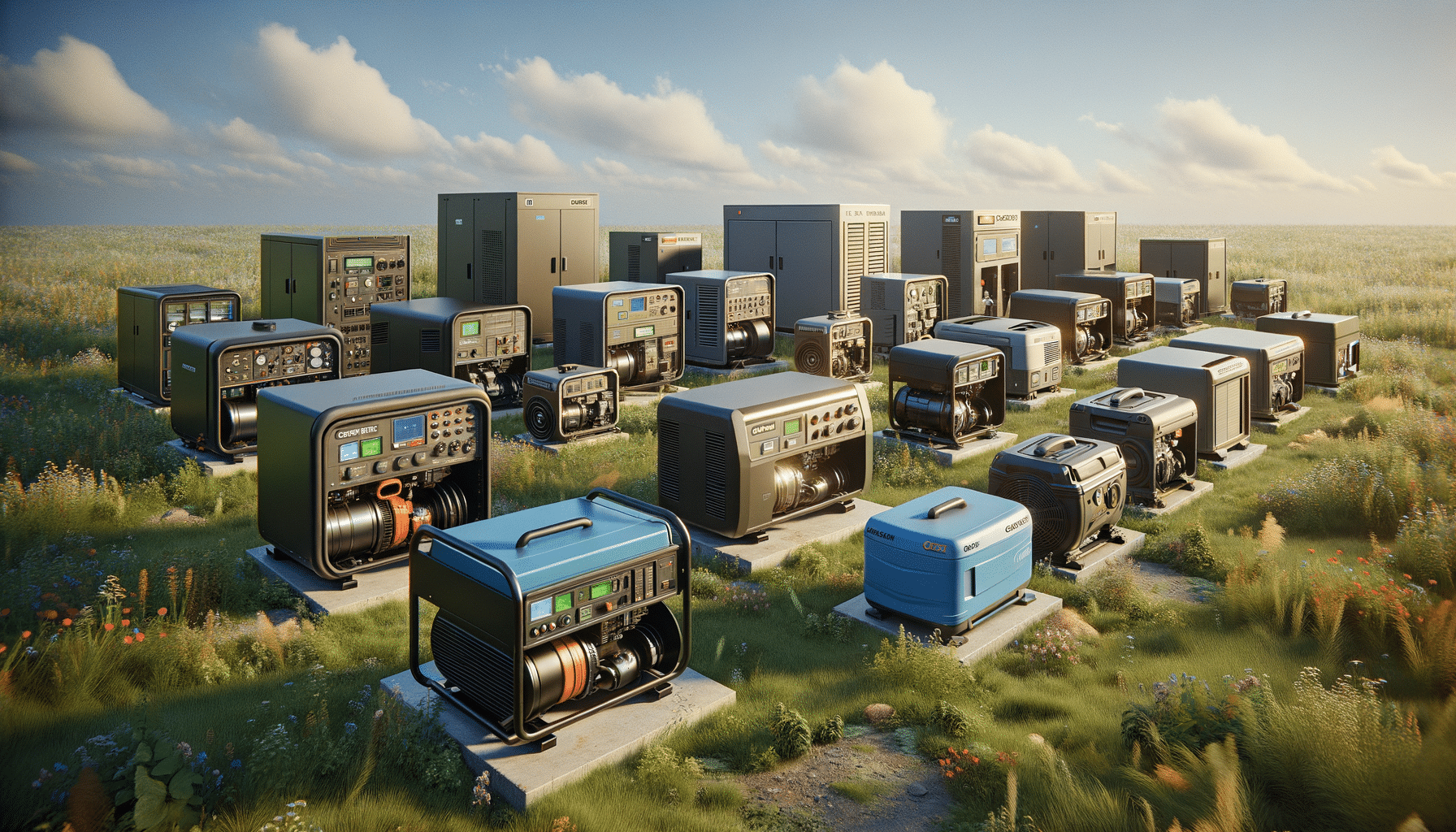
Understanding Backup Power Generators: Types and Applications
Introduction to Backup Power Generators
In today’s world, where power outages can disrupt daily life and business operations, the need for reliable and efficient backup power solutions has become increasingly important. Backup power generators serve as a critical resource, ensuring that essential systems and appliances remain operational during power interruptions. This article delves into the various types of generators available, their functionalities, and their applications in different settings.
Types of Generators
Generators come in various types, each suited for specific needs and environments. The most common types include:
- Portable Generators: These are compact and versatile, making them ideal for temporary power needs. They are often used in camping, outdoor events, or during short-term power outages.
- Standby Generators: Designed to automatically kick in during a power outage, standby generators are permanently installed and connected to a building’s electrical system. They are often used in residential and commercial settings.
- Inverter Generators: Known for their efficiency and quiet operation, inverter generators are suitable for sensitive electronics, providing clean and stable power.
- Industrial Generators: These large-scale generators are designed for heavy-duty applications and are commonly used in factories, hospitals, and large commercial buildings.
Each type of generator offers unique advantages, making it crucial to assess specific needs before making a choice.
Power Backup Solutions
Power backup is an essential consideration for both residential and commercial properties. Beyond generators, other systems such as uninterruptible power supplies (UPS) and battery storage systems can provide additional layers of protection. These solutions are particularly valuable for maintaining the continuity of critical operations, such as data centers and medical facilities.
Integrating a comprehensive power backup strategy often involves combining multiple systems. For instance, a UPS can provide immediate power during the brief gap before a generator starts, ensuring seamless transitions. Battery storage systems, meanwhile, can store excess energy produced by renewable sources, offering a sustainable backup option.
Choosing the right mix of backup systems requires a careful analysis of power requirements, budget constraints, and specific operational needs.
Emergency Power in Critical Situations
Emergency power is vital in scenarios where power loss can have severe consequences. Hospitals, for example, rely heavily on backup generators to power life-saving equipment during outages. Similarly, emergency response centers and telecommunications facilities must maintain uninterrupted power to ensure public safety and communication.
In residential settings, emergency power can keep essential appliances running, such as refrigerators, heating systems, and medical devices. This can be particularly crucial during extreme weather conditions when power outages are more likely.
Investing in reliable emergency power systems is not just about convenience; it is about ensuring safety and minimizing the impact of unforeseen events.
Conclusion: The Importance of Reliable Backup Power
In conclusion, backup power generators and systems play a crucial role in modern society, providing reliability and peace of mind. Whether for residential, commercial, or critical applications, understanding the types and capabilities of different generators can help in making informed decisions. As technology advances, the efficiency and sustainability of these systems continue to improve, offering even more robust solutions for power continuity.
As you consider your backup power needs, take into account the specific requirements of your environment and the potential risks of power loss. Investing in the right system can safeguard against disruptions and ensure that essential functions remain operational, no matter the circumstances.


